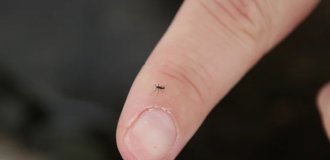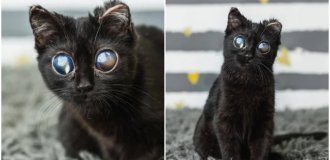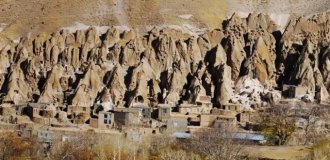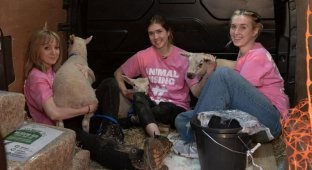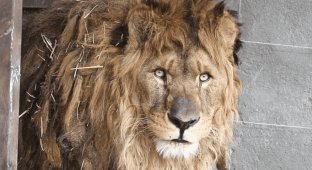Chinese scientists have successfully cloned a macaque for the first time (5 photos)
In China, a rhesus macaque was successfully cloned for the first time: the male has lived for more than two years, reached sexual maturity and is completely healthy. It was cloned using the “Dolly the sheep method”, with the help of which the first animal clone in history was created in 1996. 
The Chinese Academy of Sciences has reported the first successful cloning of a rhesus monkey. To do this, scientists used the same method with which in 1996 the first ever clone of an animal was created - Dolly the sheep - by transplanting the nucleus of a somatic cell into the cytoplasm of an egg. The genetic material was taken from the cells of an adult rhesus monkey. Most attempts to clone monkeys in this way have failed, however, this cloned male has lived for more than two years and successfully reached puberty. 
The experiment's leader, Dr Qiang Song, who created the first successful monkey clones in 2018, says his team has "increased the efficiency" of cloning and created promising strategies in the field. But the success rate is still low: out of 113 attempts, there was only one successful case of the birth of a live baby. According to scientists, such low efficiency once again rules out attempts at human cloning: it’s too early to talk about this. 
Additionally, animal cloning is controversial because it is a complex process that often causes harm to the animals. Such experiments, for example, cannot be carried out in Europe: European legislation prohibits the use of primates for cloning, unless the experiment is aimed at studying a serious life-threatening disease. 





